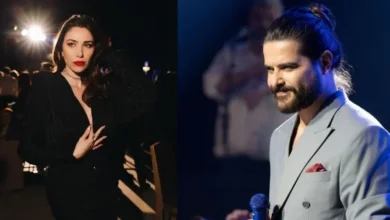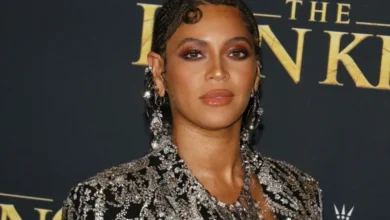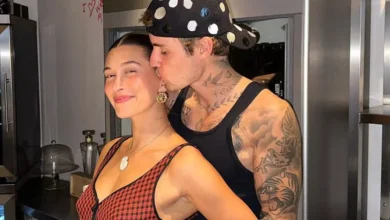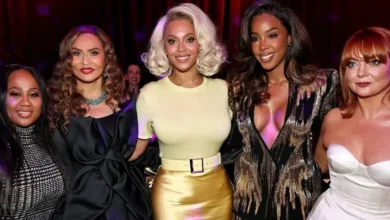New trophy for African music at Grammys reflects rising global popularity
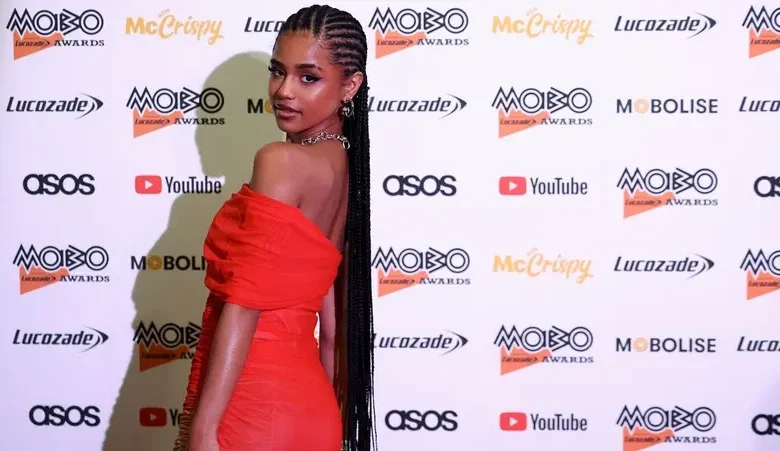
When the biggest names in music gather on Sunday for the industry’s top honors at the Grammy Awards, they will hand out a new trophy for best African music performance.
The prize reflects the growing popularity of Afrobeats, and other music from the continent, which is gaining a global audience with help from social media platforms such as short-form video app TikTok.
Afrobeats originated in West Africa, primarily Ghana and Nigeria, though the term is often used as a catch-all for various music styles coming from Africa. It features percussion rhythms mixed with various genres from rap to jazz, R&B, and others.
Modern Afrobeats “has a feel-good groove to it,” said Heran Mamo, R&B and hip-hop reporter at Billboard magazine, which created a US Afrobeats chart in 2022. “It’s bound to reach a wider audience because it already contains a little bit of everything for everyone.”
On Spotify, Afrobeats music was streamed 13.5 billion times in 2022, up from 2 billion in 2017.
In another milestone, Nigerian singer Burna Boy became the first African artist to sell out a US stadium when he played New York’s Citi Field last summer.
Musicians in the running for the new Grammy on Sunday include Tyla, a 22-year-old South African singer. She hit the top 10 on Billboard’s Hot 100 chart with the danceable “Water,” an example of a genre known as amapiano, a jazz- and piano-infused sound.
A TikTok executive in South Africa had noticed Tyla gaining attention in her local market back in 2020, and reached out to her with tips on how to maximize her presence on the app.
“Water” was released in July 2023, after Tyla signed with Sony Music Entertainment’s Epic Records.
By September, TikTok users were replicating Tyla’s dance moves in the #WaterChallenge. To date, 1.5 million videos have been created using the song, and the #WaterChallenge hashtag has been viewed 1.8 billion times, according to TikTok.
“I think that TikTok has played the role of incubator, but also the distributor to the billion-plus global users and it’s just really landed,” said Ole Obermann, global head of music at TikTok.
Tyla’s success illustrates the power of TikTok and YouTube to help artists find fan bases around the world, a role once reserved for music labels.
“The proliferation of streaming along with new social media platforms (e.g. TikTok) has accelerated artist discovery, and have provided new mediums for artists to grow their fan bases globally,” Bank of America Securities analyst Jessica Reif Cohen said in a research note predicting media trends for 2024.
TikTok remains controversial in the United States because of its ownership by Chinese company ByteDance, which critics view as a security risk. The Biden administration has banned the app on US government devices. TikTok officials say they have rigorous safeguards in place and they reject allegations of spying on user data.
The app also is in a dispute with Universal Music Group over how much it pays for use of songs from Taylor Swift, Billie Eilish and others. Music from many Universal artists was unavailable on Tik-Tok as of Friday.
For US teenagers, TikTok ranks as the second-most common music discovery source behind YouTube, according to a recent MIDiA Research survey that showed 45 percent of 16- to 19-year-olds found new music through the platform.
Other Afrobeats artists who found audiences on TikTok include Nigerian rapper Rema. He collaborated with Selena Gomez for a remix of his song “Calm Down,” which hit No. 3 on the Billboard Hot 100 last June.
TikTok is helping to forge new connections between US and African artists. Obermann said he played a short clip of a song called “Ojapiano” from Nigerian musician KCee for Ryan Tedder, a songwriter and lead singer for the band OneRepublic.
Tedder liked the sound so much that he immediately reached out to KCee, who jumped on a plane from Lagos to Los Angeles two days later so the pair could make a remix of the song.
Obermann hopes the soon-to-be-released remix will give new life to “Ojapiano,” a combination of amapiano and a Nigerian flute called Oja, and keep fueling the Afrobeats craze.
“This is going to be a big, growing genre,” Obermann said.
